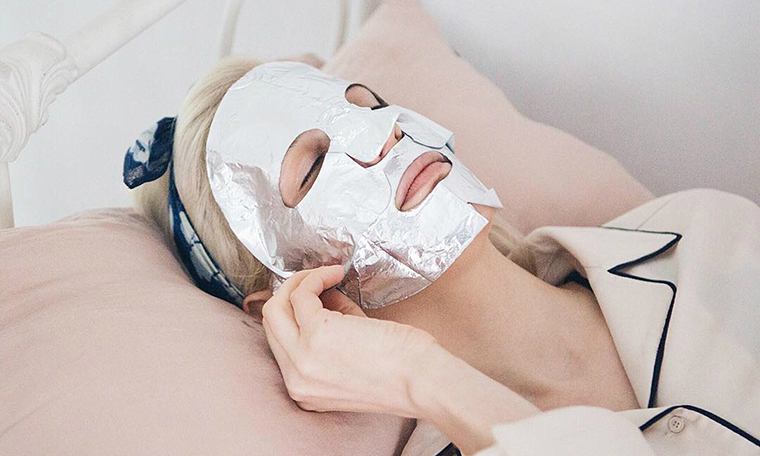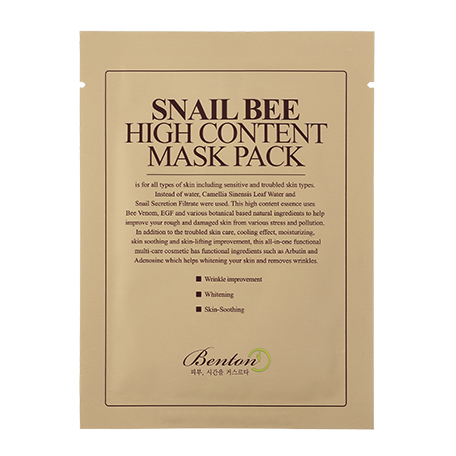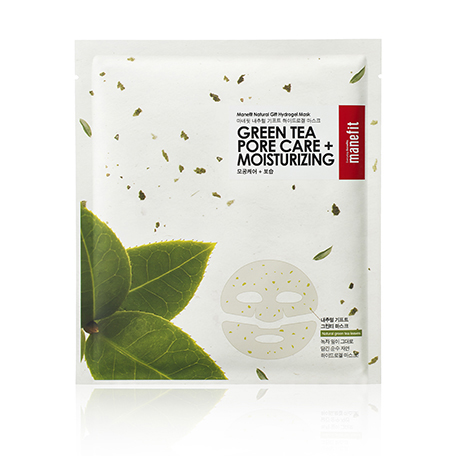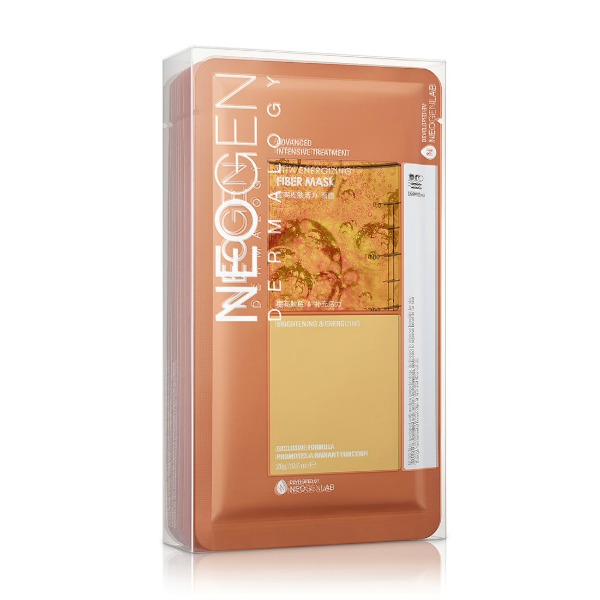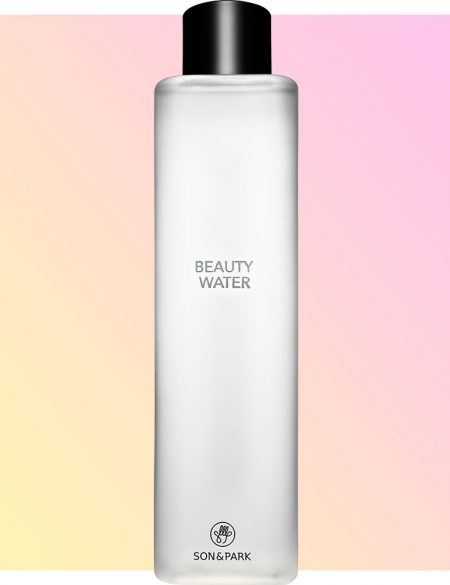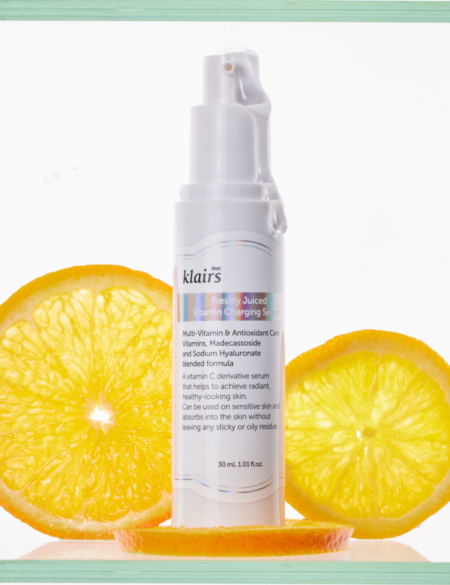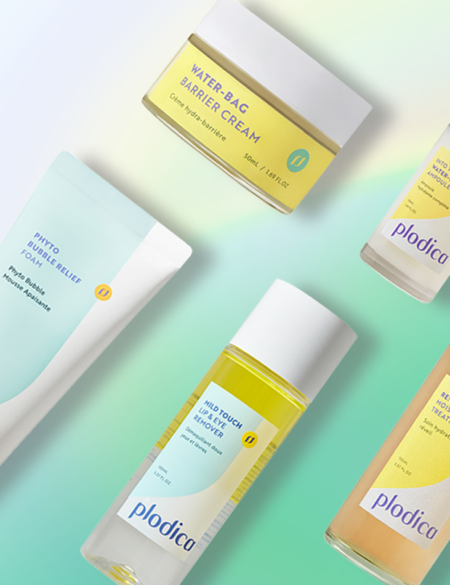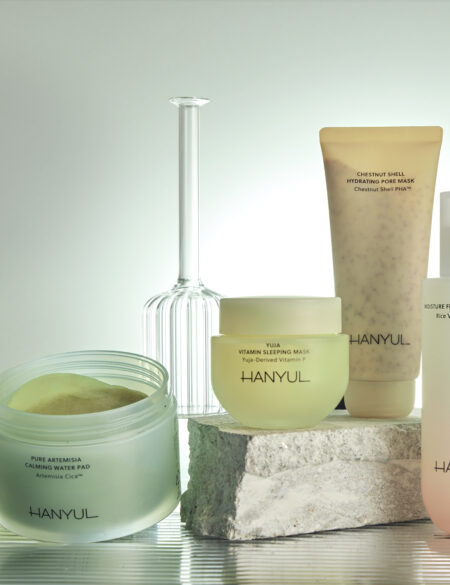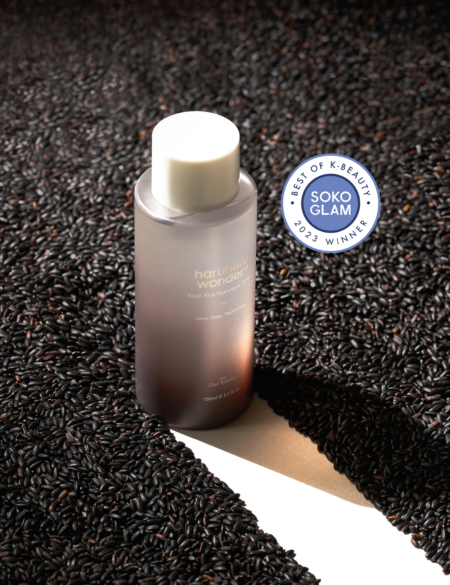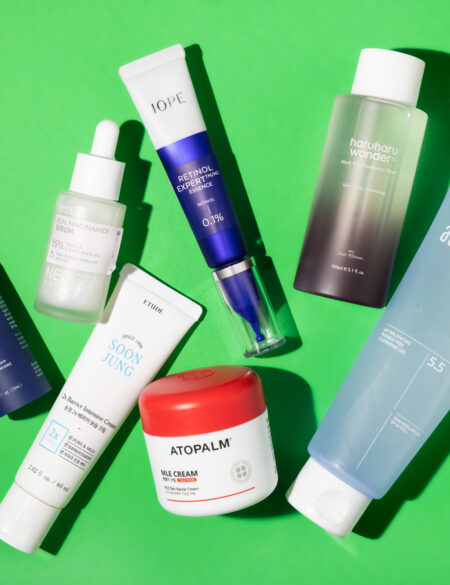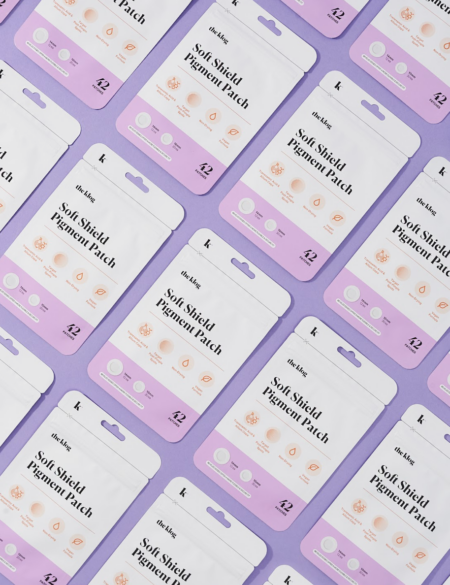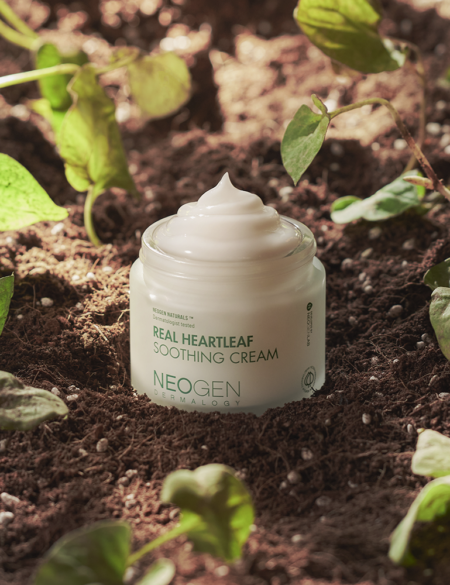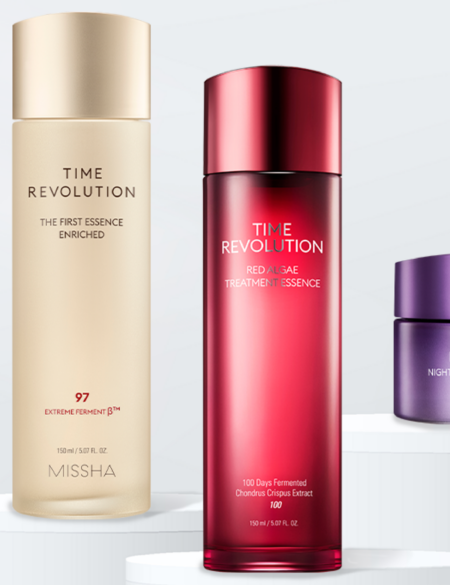Cotton, hydrogel, and bio-cellulose are just some of the different types of sheet masks available today in the market—and the list goes on… Meet the eight “fabrics” used in sheet masks and get ready to choose the one that best suits your skin’s needs.
If there’s one thing Korean beauty rituals has taught us, it’s that whatever your skin needs, there’s a sheet mask for it. These potent mini facials are an easy (not to mention fun!) way to give your skin some extra pampering through a major dose of beneficial ingredients. Lately, you may have noticed a variety not only in the ingredients lists, sheet masks claims and designs, but also in the “materials” utilized to deliver these benefits. From cotton to foil and knit, learn the differences between eight different types of sheet masks available in the market.
1・Microfiber Sheet Masks
Microfiber sheet masks are the most common sheet masks out there. As the name already suggests, they are made out of a super lush microfiber, which feels similar to cotton (that’s why they are called cotton sheet masks, too). These masks are usually the cheaper options in the market and they are drenched in a variety of botanical ingredients and vitamins to help diminish various skin conditions.
We love Neogen’s Vita Energizing Fiber Mask, Benton’s Snail Bee High Content Mask, and Manefit’s Beauty Planner Lily Sheet Mask.
2・Hydrogel Masks
Hydrogel masks are made of a slicker material when compared to microfiber masks. That’s because they’re made with 100 percent skin-benefitting ingredients (rather than it drenching a cotton-based mask). You can notice that these masks feel a bit thicker and look more transparent when on top of your skin—whilst traditional cotton-based sheet masks stay more to the white side of it. They also lock in moisture better and stick to your face easier.
Some of our favorite hydrogel masks are Manefit’s Natural Gift Green Tea Pore Care Sheet Mask, Missha’s Time Revolution White Cure Hydrogel Mask, and Manefit’s Bling Bling Hydrogel Mask Set in Energizing Rose.
3・Bio-Cellulose
Biocellulose is an all natural fiber or—to put it more literally—it’s a mask made from (good) bacteria. Sheet masks made from biocellulose usually perform better than microfiber sheet masks because they adhere snugly to skin and don’t allow ingredients to evaporate as quickly.
Try: Dr. Jart’s Water Replenishment Cotton Sheet Mask (the name is confusing, but this is actually a biocellulose and not a cotton/microfiber sheet mask) and the Tatcha Luminous Deep Hydration Lifting Mask (a Japanese option we also like).
4・Foil Sheet Masks
Speaking of not allowing ingredients to evaporate as quickly, meet aluminum foil sheet masks. These ones use foil on the outside of the sheet mask to prevent the liquid and skin-benefitting ingredients from evaporating. Foil masks are known for keeping your mask as moist as when it was first removed from its package during the entire duration of your mask sesh.
The Estée Lauder Advanced Night Repair Concentrated Recovery PowerFoil Mask is an option on the luxury side of sheet masks. Make p:rem’s Wrapping me Sauna Mask, on the other hand, is a more affordable option for a good foil mask.
5・Knit Masks
These masks are made with 100% pure knitted cotton to guarantee that your skin retains more moisture faster. These masks are heavier and usually longer, meaning they are supposed to cover not only your face but your neck, too.
Neogen just added two knit masks to their portfolio: The White Truffle Hydramax Knit Mask and the Pink Cactus Liftmax Knit Mask (coming soon to Soko Glam!). They are both soaked in 60ml of concentrated essence to deliver maximum results for your skin.
6・Ampoule Sheet Mask
The idea here is to give you two products in one: an ampoule (or serum) and a sheet mask. You apply a single-use ampoule first, massaging it onto face in circular motions—you can pat in gently to aid absorption, too. Then, you follow with a sheet mask to allow the contents to penetrate deep into the skin.
AmorePacific’s Moisture Bound Intensive Serum Masque is on the luxurious side of ampoule sheet masks. We also like the Innisfree Intensive Ampoule Mask [Vita C] Brightening.
7・Clay and Charcoal Sheet Masks
Clay and charcoal sheet masks are black in color and, as the name suggests, enriched with clay or charcoal. These masks are usually super-saturated and feel very smooth on the skin—something you may not expect, especially since they contain micro-particles of these detoxifying ingredients.
These sheet masks are a great call to draw out excess oils and reduce skin inflammation. Ultru’s I’m Sorry For My Skin in Black Mud Mask Tightening is a clay sheet mask that is amongst Koreans’ all-time favorite sheet masks. For a charcoal option, try Dr. Jart’s Pore Minimalist Black Charcoal Sheet Mask.
8・Bubbling Sheet Masks
These are also usually made with charcoal and detoxifying ingredients, with the addition of sparkling water. Bubbling sheet masks work pretty much the same way as regular bubbling masks (read how bubbling masks work here). Since they also contain some foaming ingredients like those found in cleansers, the bubbles don’t pop but form a foam instead on top of the sheet mask, which you should use to massage your skin after you remove the sheet mask. The whole point of using a bubbling sheet mask instead of a regular bubbling mask is avoiding the moisture to get sucked out your skin, which translates to soft, moisturized skin afterwards.
One of the most popular bubbling sheet masks is Tony Moly’s Bubble Mask Sheet, which covers your cheeks, nose, chin, and the area around your mouth—sorry, no mask for your forehead. For a full-face bubbling sheet mask, Missha’s Super Aqua Pore-Kling Bubble Sheet Mask is one of our favorites.


